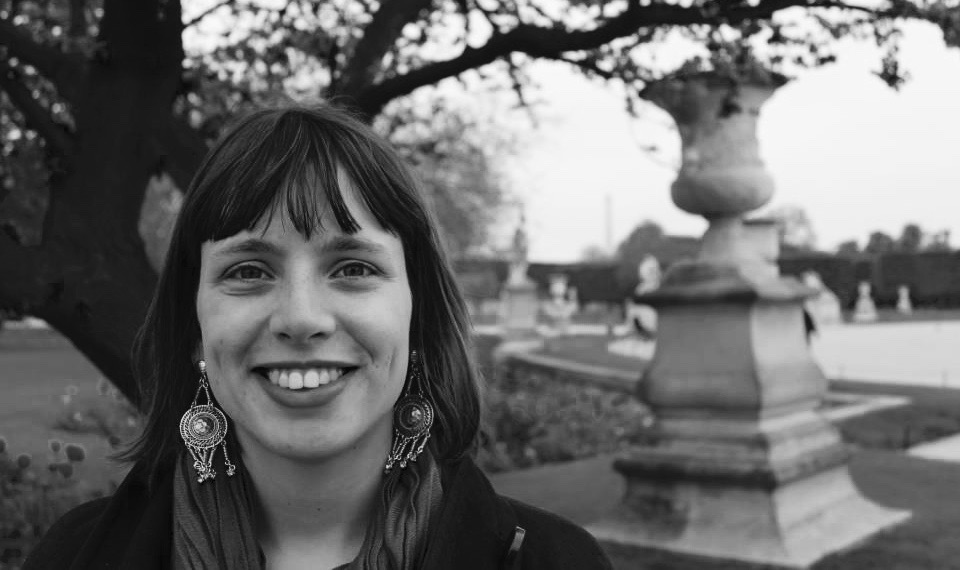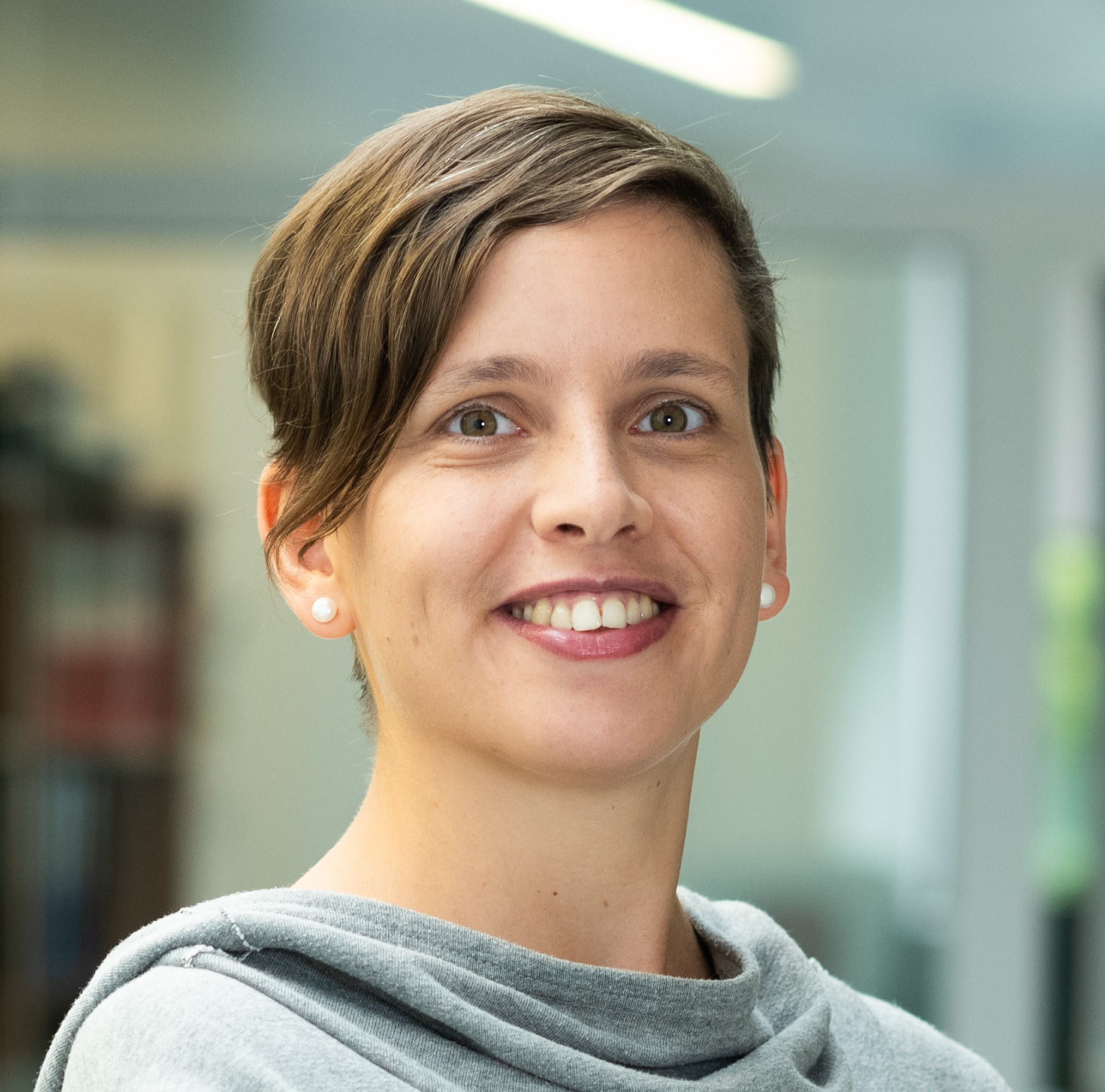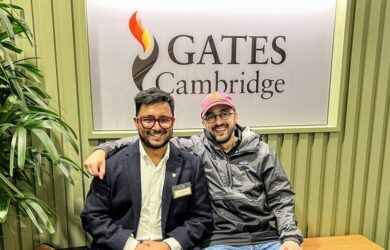
Maria Pawlowska on her new role coordinating an international research programme in Poland.
Maria Pawlowska is keen to promote international scientific collaborations and her new role coordinating the International Research Agendas programme at the Foundation for Polish Science means she is in a key position to bring the most talented researchers from around the world together.
The Foundation for Polish Science has been in existence for over two decades and is the largest source of science funding in Poland outside of the state budget. Currently, the Foundation is also responsible for redistributing EU structural funds dedicated to advancing the applied sciences in Poland through the International Research Agenda (IRA) programme. It aims to establish new centres of international scientific excellence in disciplines ranging from medicine to agriculture and nanotechnology.
Maria [2007] says: "We anticipate that each project will have a budget of approximately 8m euro (US$9m) and in order to be successful will need to be built on the strong foundations of a cutting edge scientific agenda, the applicant’s scientific excellence and their organisational skills and capabilities. The Foundation is keen to secure partnerships from the best institutions in the world and to reach out to talented academics who might be looking for project funding and/or permanent positions."
Previously Maria [2007] was working at the Polish Prime Minister's office on issues related to gender equality and as the science attache for the British Embassy in Warsaw.
Early days
Born in Warsaw, she spent part of her childhood in the US as her mother won a Fulbright Scholarship to study there. The family were there for two and a half years and Maria was in an elementary school there where she was introduced to a different, less formal approach to education.
From the age of seven Maria, who excelled at biology, wanted to be a paleontologist. When she finished school, she applied to the University of Bristol to do a joint degree in biology and geology. She chose Bristol because the course was unique in Europe and was taught by Professor Michael Benton, a well-known paleontologist. There were only five students on the course and Maria describes the experience as “incredible”. The research she did for her BSc was published in the journal Science and she went straight to a PhD at Cambridge from there.
She finished her PhD, but was keen to work on policy issues so she started working with NGOs and making contact back in Poland where she was interested in campaigning on reproductive health and gender issues as well as public policy more generally.
Government work
Her husband, Gates Cambridge Alumnus Jakub Szamalek [2009], got a job back in Poland as a screen-writer for the game developer CD Projekt, so the couple moved back. She had worked as a policy analyst in London and when she got back to Poland she got a job as a policy expert for the Prime Minister's office. They are currently putting their gender equality ideals into practice, with Jakub spending the second half of the one-year paid parental leave guaranteed by the state with their daughter Matylda while Maria is back at work.
Maria says it was exciting being in government. “I felt I could make a difference,” she says, although she also maintained a toe in academia and received some great feedback from her classes and workshops, including a leadership course for women at the Congress of Women in Poland.
She says she will not forget her time as a Gates Cambridge Scholar. “It was a life-changing experience being with such inspirational people,” she says. “They made me want to do more with my life.”
*If you are interested in contacting Maria about research funding, email: pawlowska@fnp.org.pl/.

Maria Pawlowska
- Alumni
- Poland
- 2007 PhD Earth Sciences
- Clare College
Science policy and administration expert with a focus on research and development management, quantum technologies. data management and international relations.
Links
https://www.visnea.org/team
https://www.linkedin.com/in/maria-pawlowska-a77ab334












